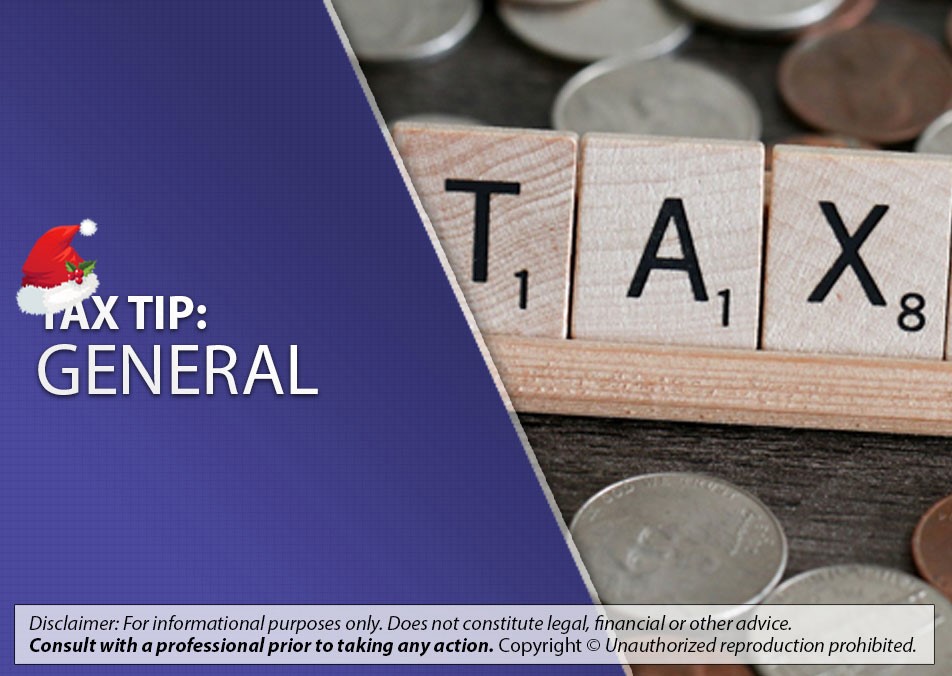Keeping your records organized will help make sure you don’t miss out on valuable deductions when it is time to file. Many taxpayers will receive year-end income statements from employers, banks, stock issuers and other sources in January and early February.
The most common documents include:
– W-2 forms from your employers, showing your wages and any taxes withheld
– Forms 1099-INT and 1099-DIV showing your interest and dividend income
– Forms 1099-MISC and 1099-NEC showing gig economy and other self-employment earnings, along with rents, royalties and other miscellaneous income
– Records of virtual currency (including crypto) transactions
– Charity donation receipts
– Health Insurance statements (like Form 1095)
– Proof of qualifying educational expenses (like Form 1098-T)
– Mortgage interest statements



